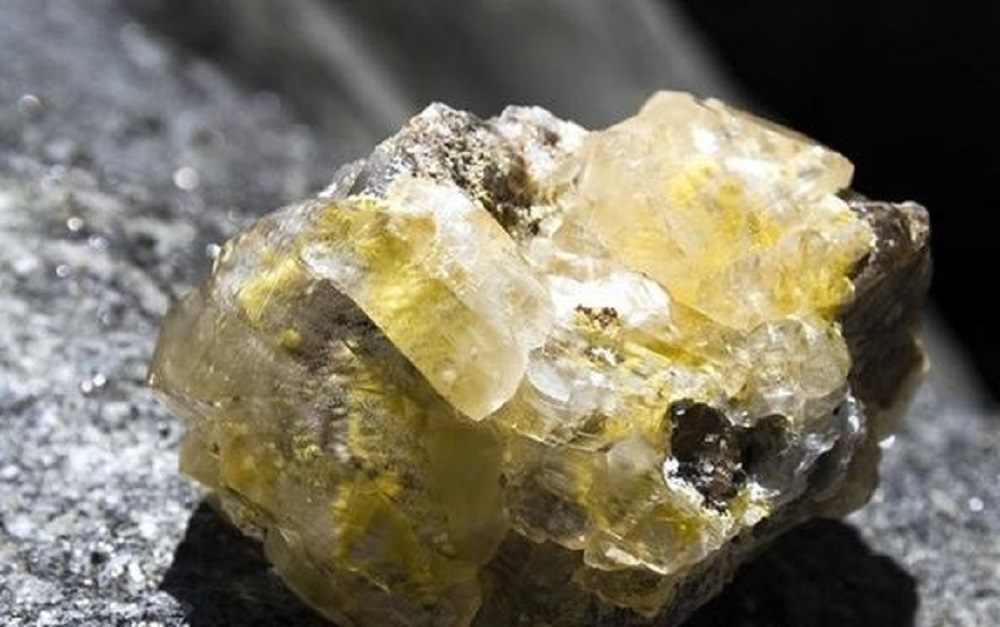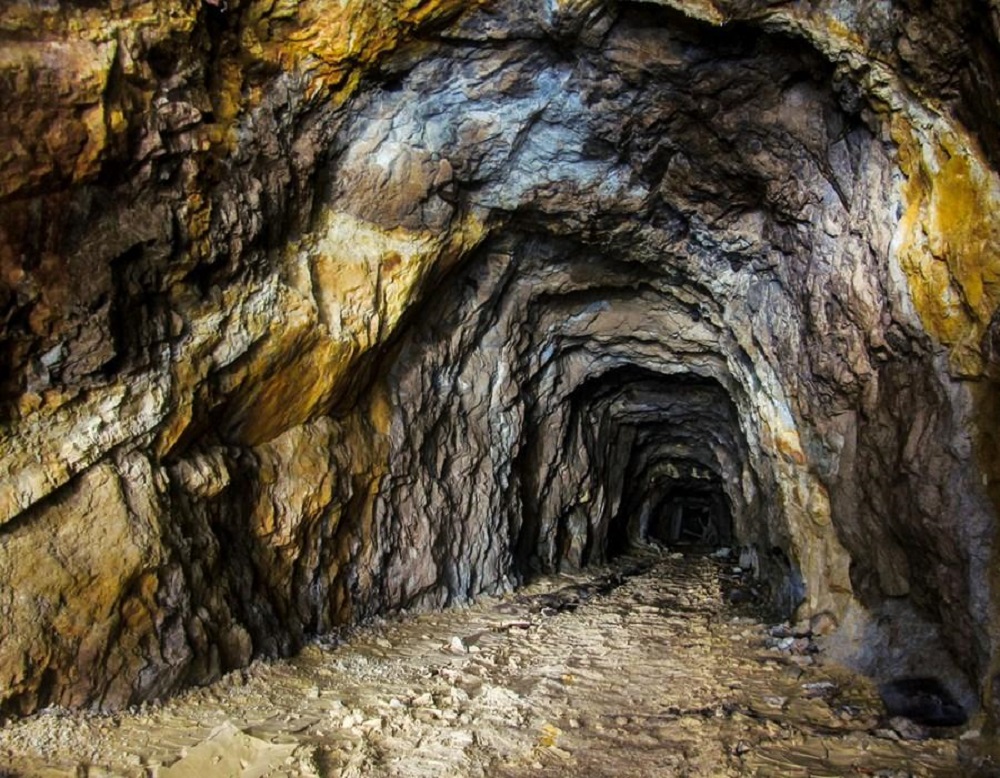RIO DE JANEIRO, BRAZIL – After five years, the government intends to restart uranium mining in Brazil as a strategy to expand the Brazilian nuclear program.
Mining and Energy Minister Bento Albuquerque told newspaper O Estado de S. Paulo that this is not only a government ambition but a political decision that will be enacted. Work is expected to begin on the Engenho mine in Caetité, Bahia, by the end of this year.

The exploration will be carried out only by the state-owned Nuclear Industries of Brazil (INB), but the government’s intention, given the budget restrictions on investment, is to establish partnerships with the private sector to use the potential of uranium within the country’s borders.
With only one-third of its territory prospected, Brazil currently holds the seventh-largest geological uranium deposits in the world – behind Australia, Kazakhstan, Canada, Russia, South Africa, and Nigeria.
Uranium is the raw material for fuel used in nuclear power plants, and its exploitation is a constitutionally mandated monopoly of the federal government. Today, only the state-owned INB is allowed to operate in the area.
However, the government believes that partnerships can be forged in specific cases, particularly when there is a minimum amount of uranium in a reserve. This is the case of the Santa Quitéria mine in Ceará, where the ore is 90 percent phosphate and 10 percent uranium.
For this reason, INB has established a consortium with the Galvani Group, which should start operating by early 2024, according to INB’s president, Carlos Freire. For the minister, this will be the first step to the establishment of other partnerships.
“There are some alternatives which do not require constitutional amendments so that this mining activity can be carried out by INB and another private capital company. With respect to uranium, INB would be the majority owner. There is not only uranium in exploration, but there can also be other minerals and usually, there are,” said Minister Albuquerque.
Change
For the minister, however, it is possible to proceed. He advocates breaking the federal government’s monopoly on uranium exploration and permitting private sector operation of nuclear power plants.
To do so, it would be necessary to approve a Proposed Constitutional Amendment (PEC) in Congress – with the support of three-fifths of deputies and senators, in two rounds of voting in each legislative house.
“Security exists. We have operated nuclear power plants for over 40 years. There is no problem with the private sector. What is the difference between the private sector and the state sector? None, as long as you are able to control and inspect”.
“This discussion is a thing of the past, and if it goes to Congress today, there will be no such resistance. This is my personal opinion, given the interaction I have with Congress and several members of Congress,” he said.
Foreign companies from nations such as China, the United States, France, Japan, South Korea, and Russia have already expressed interest in exploring for uranium in Brazil, according to Martha Seillier, special secretary of the Investment Partnership Program (PPI).
According to Martha, this was clear in rounds on the resumption of Angra 3 works – when the government-founded sector introduced preliminary studies and data to test alternatives with the private sector.
“We tested some models to see the reaction of potential investors and try to build something more attractive. What has emerged from talks is the investors’ interest to come not only to Angra 3, but much more focused on an agenda of continuity of the Brazilian nuclear program, and an interest in the entire production chain, not only in the plant but also in the exploration of uranium,” she said.

Plants
Brazil currently has two nuclear power plants in operation – Angra 1 and Angra 2. Angra 3, with 67 percent of construction work concluded, was halted in 2015 when investigations of Operation Lava Jato uncovered a scheme of embezzlement of resources by contractors.
Now, the plant needs R$16 billion (US$4 billion) to be completed and the government is also studying a partnership with the private sector in order to achieve this, even though there is a constitutional constraint on nuclear activity in Brazil.
In the case of Angra 3, a private company would not be a controlling party, but rather a minority stakeholder. In order for it to be attractive to the minority stakeholder, we are estimating that it would have 49 percent of the stock or another significant interest,” he commented.
The plan, according to the PPI’s special secretary, is to publish the notice for the selection of a private partner for Angra 3 in the first half of 2020 and restart construction of the plant in the second half of next year.
This time, however, the government will restrict the notice and will demand companies with experience in the area – contractors, for instance, will be vetoed.
“The government has only conducted market surveys with companies that carry out nuclear activities. This is already an indication that the public notice will require this level of experience to be part of the partnership,” he said.
Source: O Estado de S. Paulo.

